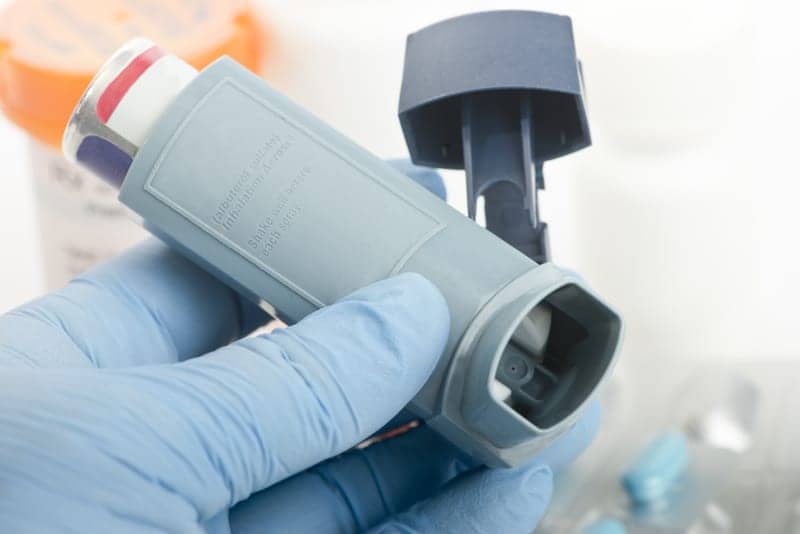The Allergy & Asthma Network is stressing the need for quick-relief albuterol inhalers in schools. According to Tonya Winders, president and CEO of the Allergy & Asthma Network, with millions of children going back to school, the availability of albuterol would help ensure appropriate and timely emergency treatment for students experiencing an asthma flare. With 6.3 million children diagnosed with the condition, asthma is a significant health concern in the United States and is also the leading cause of school absenteeism, accounting for a total of 13.8 million school days each year, as indicated on an Allergy & Asthma Network news release.
Albuterol is the medication inside a quick-relief inhaler that relieves symptoms such as wheezing and coughing. “Asthma flares should be treated at the first sign of symptoms – any delay increases the risk for hospitalization. By ensuring schools have emergency supplies of stock albuterol on site, we can keep all children with asthma safe,” says Winders.
The Allergy & Asthma Network news release notes that the School-Based Asthma Management Program Act, which is pending legislation in Congress, would give federal funding preference to states that encourage schools to stock albuterol inhalers. In addition, the bill would allow trained school personnel to administer the inhaler when necessary and implement school-based asthma management programs to ensure a safe and healthy learning environment for children with asthma.
The School-Based Asthma Management Program Act is a subsequent piece of legislation to the Emergency Epinephrine Act of 2013, which gave federal funding preference to states that allowed or required schools to stock emergency epinephrine auto-injectors for the treatment of life-threatening allergic reactions. Currently, 49 states now have stock epinephrine laws or regulations.
Charmayne Anderson, director of advocacy for the Allergy & Asthma Network, says, “Immediate access to emergency asthma medications is critical for schoolchildren with asthma. We encourage patients, families and school officials to contact their representatives in Congress and urge them to support H.R. 4662.”
Source: Allergy & Asthma Network










